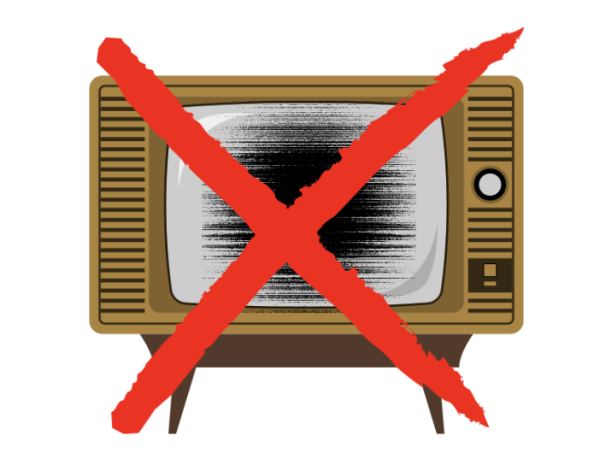Euphoria season 3 is coming, and so are its controversies
November 20, 2022
“Euphoria,” the immensely popular HBO drama from Sam Levinson, has been announced to begin filming season three. While the show has received praise for its performances and aesthetic, it has also been subject to controversy, especially in regard to its representation (or lack thereof), its overexposure to violence, sex, drugs and confusion amongst fans when it was revealed that actress Barbie Ferreira would not be returning to season three despite being a main cast member for two seasons.
Though it is unconfirmed the precise date that the third Season will be released, fans all over social media have already begun speculation in regard to the plot. A particularly hot topic is the fate of Katherine “Kat” Hernandez, portrayed by Ferreira. In the show, Kat struggles with body positivity as well as her sex work. Formerly a big player in season one, Ferreira’s role was reduced, with themes of body positivity reworked into Kat’s relationship issues with her new boyfriend.
What makes the devolution of this character particularly interesting, however, is the behind-the-scenes issues that likely led to this inevitable retirement of the character. Allegedly, Ferreira and creator Levinson had several spats, including arguments about Kat’s development, which could have involved the inclusion of Kat suffering through an eating disorder, which Ferreira adamantly protested against and allegedly even walked off of the set. News of arguments between creator and actor was well known in the fandom, with many tweeting their own speculations that Ferreira would soon abandon ship—and, eventually, those theories were proven to be true. Ferreira posted on her Instagram story that “after four years of getting to embody the most special and enigmatic character Kat, I’m having to say a very teary goodbye. I hope many of you could see yourself in her like I did and that she brought you joy to see her journey into the character she is today. I put all my care and love into her and I hope you guys could feel it. Love you Katherine Hernandez.” While the animosity was not addressed directly, fans are still left to speculate if this in-fighting was indeed the reason Ferreira bid Euphoria a tearful farewell.
The show has endured much criticism other than its treatment of Kat. Representation as a whole has continued to be a topic of discussion when considering “Euphoria.” The drama is solely written by creator Sam Levinson, a white man. This is important in considering one of the main criticisms of the show is its lack of racial diversity. The former black male lead, McKay, portrayed by Algee Smith, is written nearly entirely out of season 2 and has the stereotype of being a hyper-athletic football player. When his character is sexually assaulted, the show pays little mind to it, his trauma is never discussed again in the show after the incident occurs.
In season two, Elliot, portrayed by Dominic Fike, is introduced yet he mainly serves as a form of temptation for protagonist Rue, portrayed by Zendaya, by being primarily depicted as a drug addict. Many of the critiques of “Euphoria” could be combated by expanding the writing staff. Where the show shines tends to be in Rue’s storylines, the highlights of each season, as she struggles against her warped self-image, the trauma of losing a parent and drug abuse—drug abuse that Levinson suffered under himself. It is clear that in topics Levinson may relate to, his writing shines, but in regard to issues of other underrepresented groups, he is fearfully out of his element.
Despite these controversies, “Euphoria” remains popular, being only behind “Game of Thrones” in terms of viewership on HBO. Season three is likely to follow a similar audience of millions and be subject to even more weekly discussions on social media. However, if season three does not address many of the valid criticisms fans have, it is not impossible to consider that viewership will decline as people become sick and tired of stereotypes on their television screens week after week.












